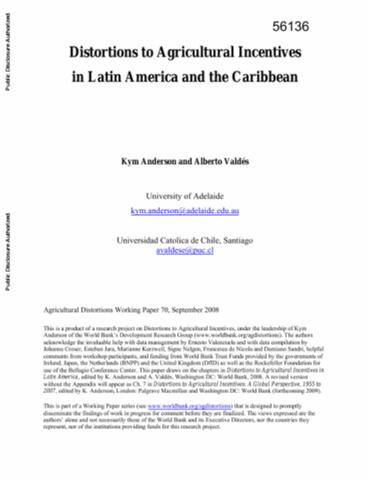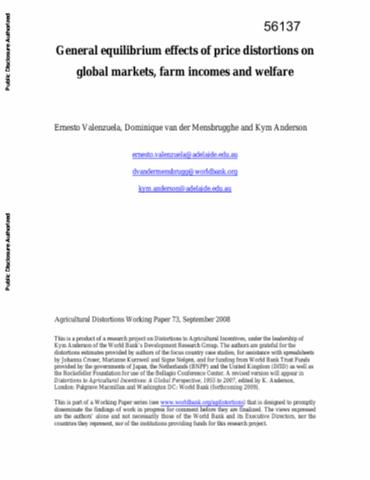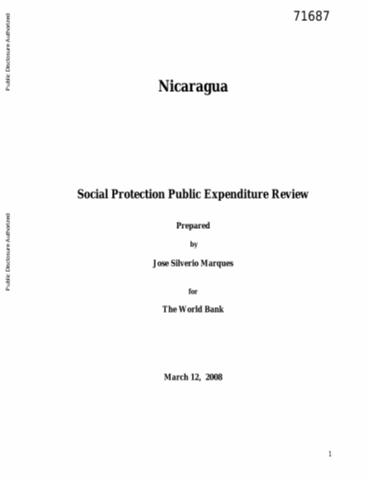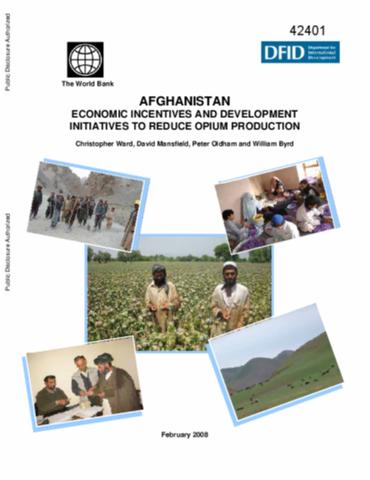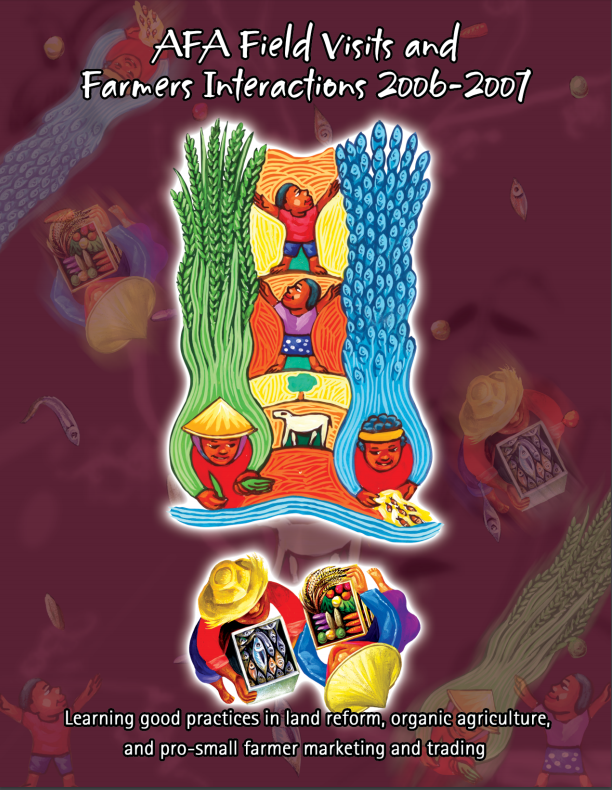Distortions to Agricultural Incentives in Latin America and the Caribbean
This study on Latin America is based on a sample of eight countries, comprising the big four economies of Argentina, Brazil, Chile, and Mexico; Colombia and Ecuador, two of the poorest South American tropical countries; the Dominican Republic, the largest Caribbean economy; and Nicaragua, the poorest country in Central America. Together, in 2000-04, these countries accounted for 78 percent of the region's population, 80 percent of the region's agricultural value added, and 84 percent of the total gross domestic product (GDP) of Latin America.

